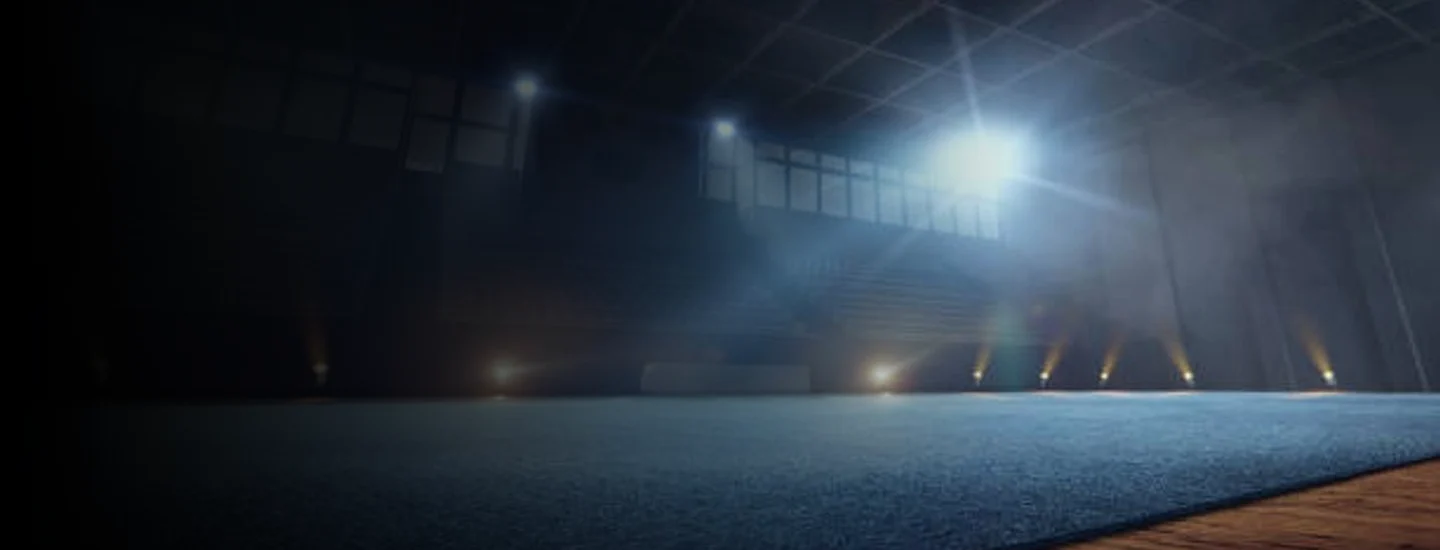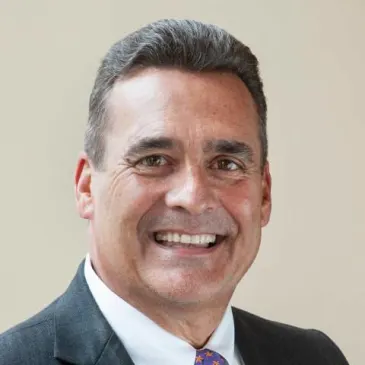Down through history The Olympic Games are always mired in some kind of controversy. Be it ‘bad calls’ from officials, poorly run competition logistics, doping scandals or this year the mental health focus on USA gymnast, Simone Biles.
I was very fortunate to have been the psychologist to four Olympic Games (Barcelona to Athens) as part of the Australian Team and saw first hand the enormous pressure that an athlete can feel competing for themselves and their country in perhaps a once in a lifetime performance moment.
The role of the staff not only at the Games, but in the lead-up, is to prepare the athlete for that moment and to help them perform at their best when they need it the most. It is essential to train the mind and the body to be an Olympic or World champion.
Having self-doubt is part of the human condition and anyone that says they have never doubted themselves is either lying or just not human. What sets elite performers apart from others is the ability to quiet that voice and focus on what needs to be done to execute the performance. This is not natural and does not come easy. It takes years of practice. As athletes improve and become more elite that voice does not get quieter, paradoxically it gets louder as the consequences of failure become magnified. Failure is more public, it impacts teammates, sponsors, families and ultimately self-worth. Performance anxiety is real and we all share in its existence in one form or the other.
There are considerable parallels to business.
Going for a job interview, presenting an important pitch to a client, or for some a social setting meeting new people, all can carry anxieties and doubts. Reducing the pressure, focusing on the controllables and learning coping mechanisms will allow the trained behaviors to come to the fore. Understanding and normalizing performance anxiety will help all of us raise our games to the next level.
One of the primary roles of the leader is to provide clarity to their people on the value creating aspects of their job and increasingly coach the best performance possible from them. Filtering out the noise and keeping them on task as part of a high performance team. Competition always begins and often ends with conquering our own self-doubt. Leaders as coaches need to be the paragon for their teams, setting the example and role modeling discipline and effective coping strategies. In today's organisations this requires authenticity and transparency. Leaders must embrace all that is being human and work everyday to maximize their and their people's potential.

